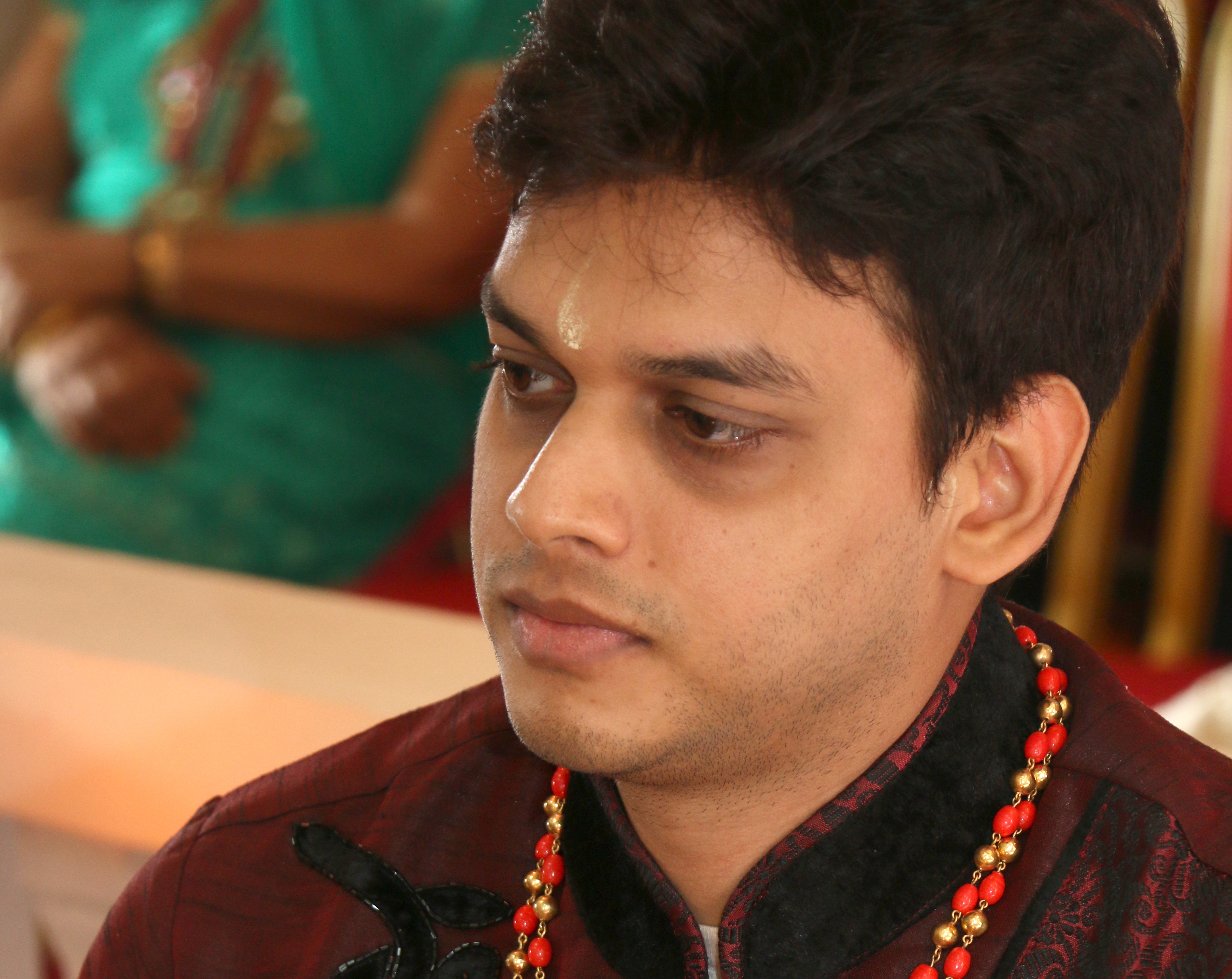Paramacharya of SWAHA, Pt. Hardeo Persad
All religions preach that we must give charity. In Sanaatan Dharma, it is said that there are four fundamental principles: satyam (truth), soucham (cleanliness), dayaa (compassion) and daan (charity). In terms of karmic debt, we all owe debts of gratitude. These are our five duties: to God, to the founding fathers of religion, the ancestors (pitris), to society and to the lower forms of creation. These panch-upakaar represents giving to others, to society, with disinterest and dispassion. This attitude is important in everything that we do.
The Bhagavad Gita reveals that we are all controlled by certain tendencies or gunas. In chapter 14, Bhagavan Shree Krishna says to Arjuna that sattva, rajas and tamas are the three qualities born of nature (gunas) that bind the imperishable soul to the body. Each of us, without exception, is influenced by these three gunas. What are the effects of sattva, rajas and tamas? How do we know which guna is dominant? Sattva draws one to joy when it is dominant; rajas gives a tendency towards action, while tamas clouds the vision and leads one to inertia. At any point in time, one of these gunas is dominant, overpowering the other two.
Related to this, there are three attitudes with which we can give charity: sattva is giving in joy; rajas means giving in action with an expectation of reward and with tamas, wisdom is veiled. Shree Krishna states that when a gift is bestowed with a sense of duty and righteousness (dharma), on a deserving person from whom no return is expected (not even gratitude), at an appropriate time and place, that gift is sattvic. Such a gift brings joy. In sattvic giving, one gives for the sake of giving; joy, peace and fulfilment are derived from it.
A gift which is given in a grudging spirit, or with the objective of getting a service in return, or in the hope of obtaining a reward, is a rajasic gift. It may bring elevation or a reward but the scriptures also say that where there is expectation, there is unhappiness. The sages teach us through nature that a river never drinks its own water and a fruit tree never eats its own fruit. Similarly, we should use whatever resources are at our disposal to give to others. If we practise sattvic daan, then the negative aspects may be avoided. In sattvic daan, there is humility in the act of giving. A gift which is given without good grace and is given in a disdainful spirit, with arrogance, at the wrong time and place, and to undeserving persons, such daan is said to be tamasic.
Everything that we do in life, even yagyas and austerities, can be defined in one of these three categories. The attitude and intent that is prominent at the time of the action are important. To give charity is good and noble; one will gain merits. However, to gain maximum merits, the attitude has to be right. The food that we eat influences our thoughts and attitudes to a great extent. The scriptures tell us that we are products of our thoughts. If we eat sattvic food, our thoughts will be sattvic and our actions will be performed with a sattvic attitude. We transmit our personal vibrations to that which we give to others. If we give with the right vibration, it will create positivity all around us. If we are giving, we should be genuine, sincere, honest and straightforward. If we generate the right, positive energy collectively, we can change the world.
From an interview on 90.5 FM



